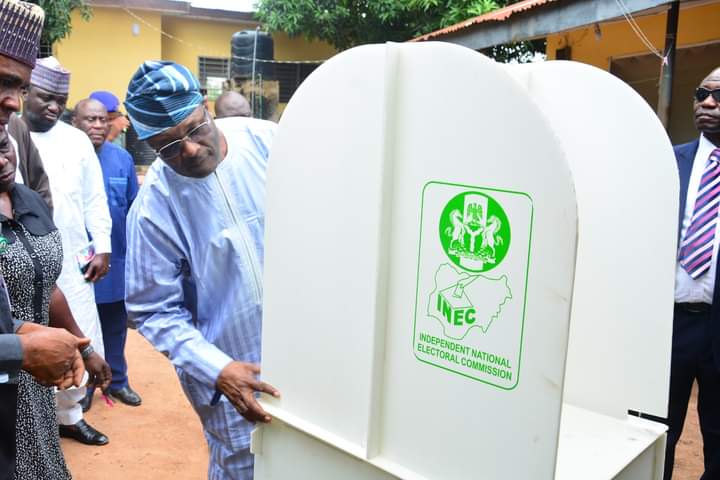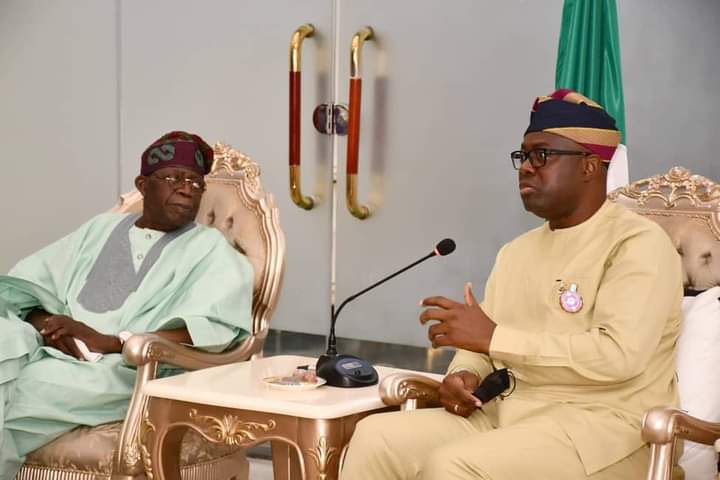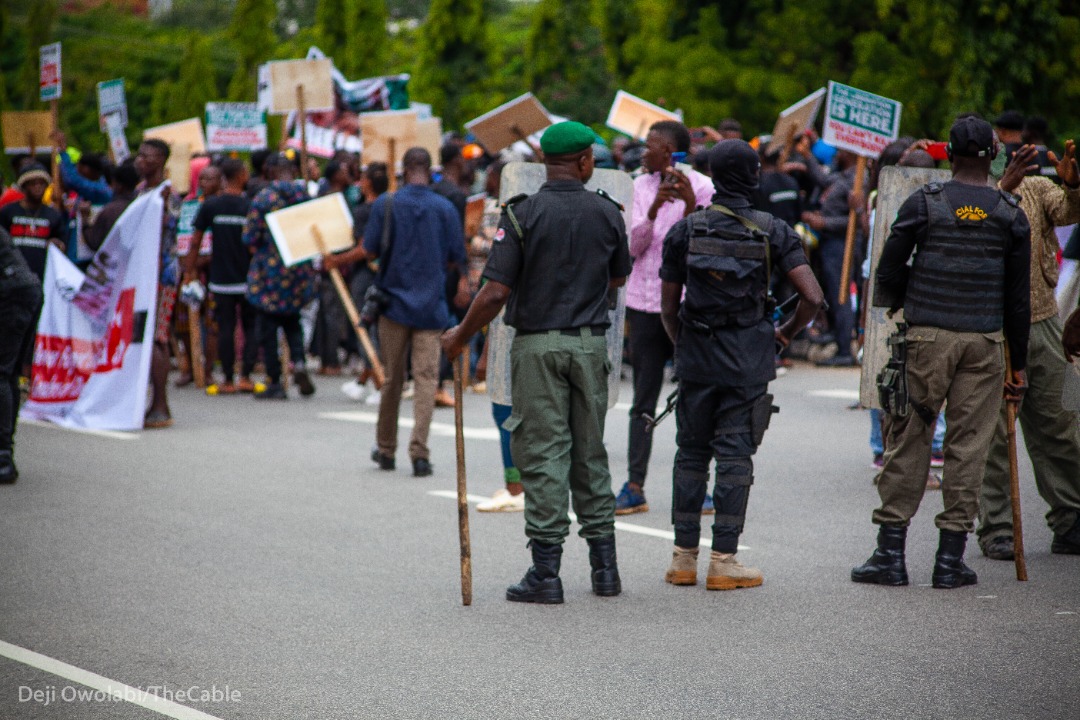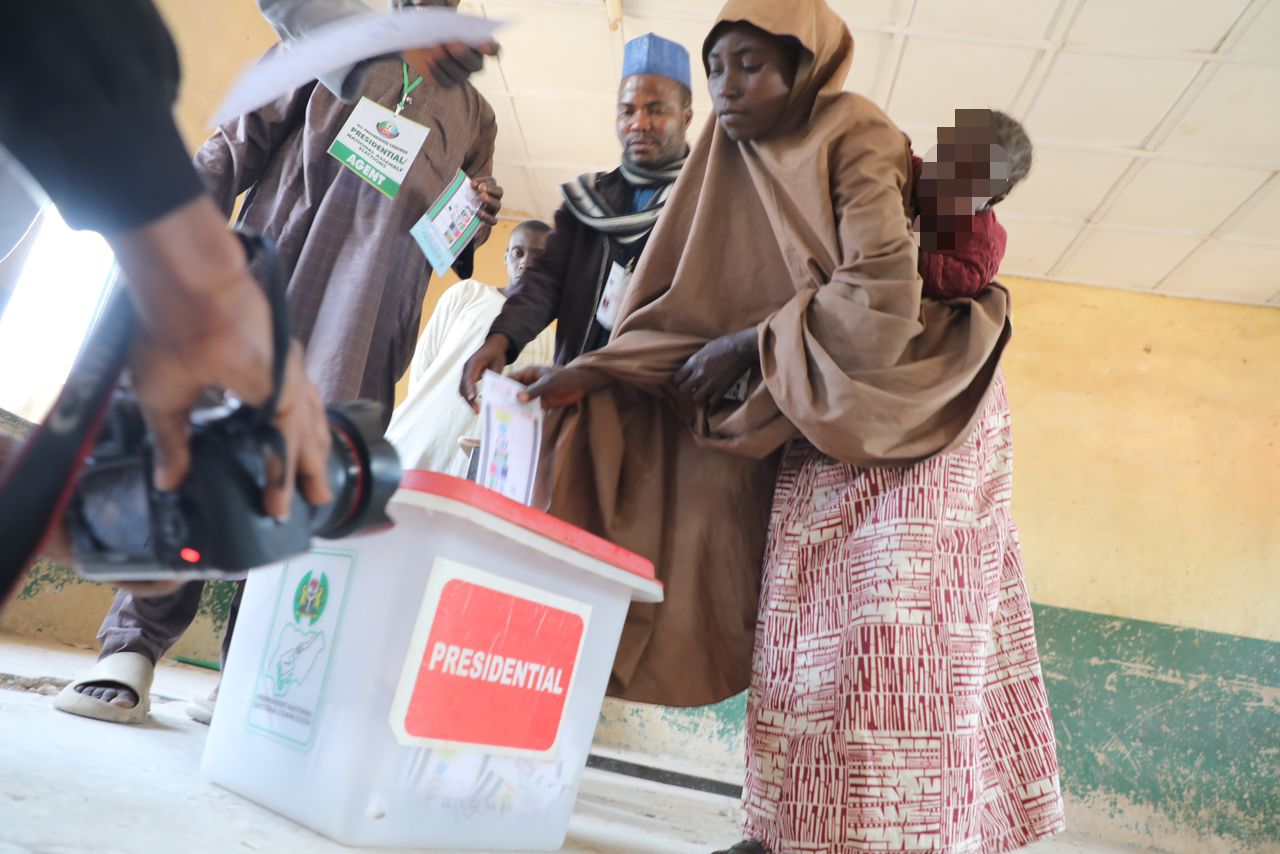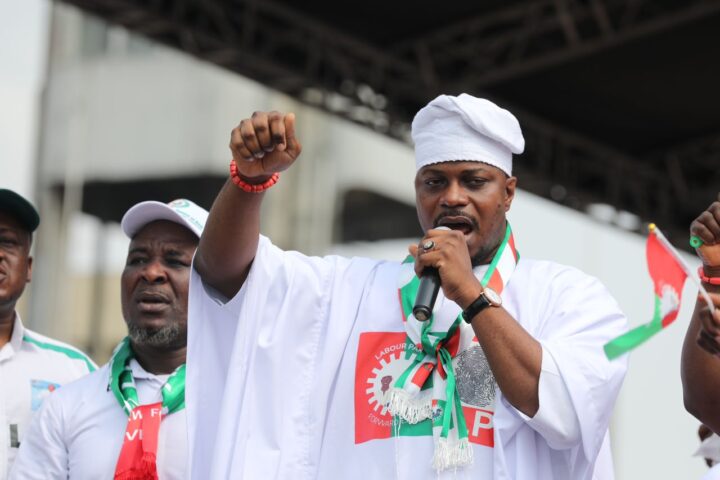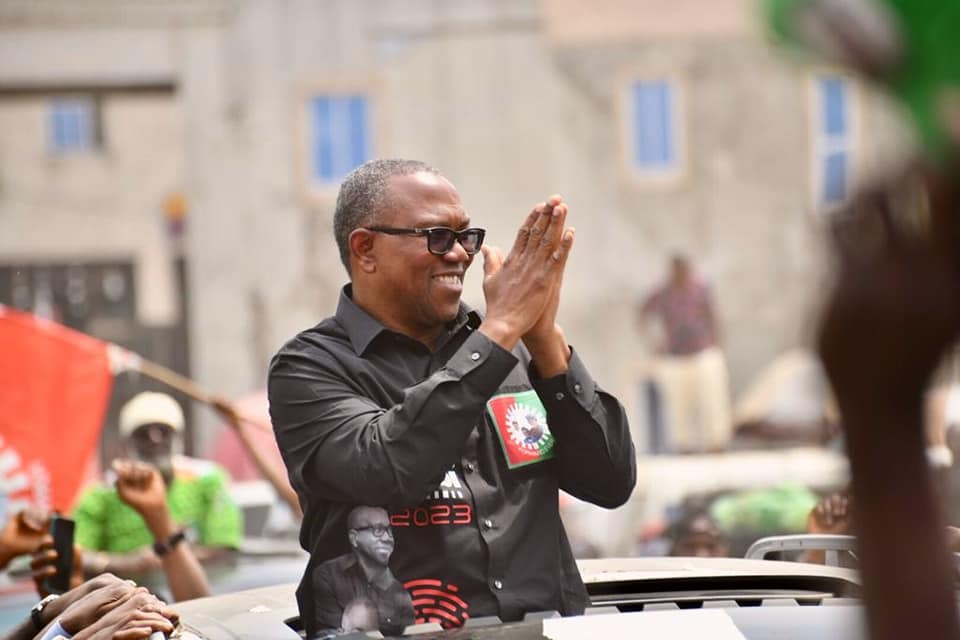BY EDWARD ISRAEL-AYIDE
“INEC’s perennial incompetence has shown it as a weak link in ensuring free and fair elections in Nigeria”
Voting in the presidential and National Assembly elections for Nigeria’s 2023 national elections began on February 25. Both excitement and concern surrounded the polls, with the former stemming from many first-time voters and the latter from the Independent National Electoral Commission’s (INEC) history of challenges with ensuring hitch-free elections. According to reports, concerns are not unwarranted.
Widespread challenges with delays, violence and technology
Advertisement
Going by preliminary assessments, the electoral umpire INEC failed to provide the essential infrastructure and logistical support to enable a free and fair voting exercise. INEC’s inefficiency is highlighted by the delay of elections in some South East and South-South states, reports of violence in Lagos, Kogi and Rivers, and the challenges with uploading results of elections captured by BVAS devices.
INEC’s failure to deploy adequate technology during the elections is a significant concern. The situation is worrying; with a large percentage of the presidential election results not being uploaded via the BVAS devices across the country, the possibility of unscrupulous elements tampering with election results to favour certain political interests cannot be ruled out.
It is equally depressing to read that thugs were observed interrupting polls and intimidating voters in parts of Kogi and Lagos, while underage voting claims trailed elections in northern Nigeria. Additionally, the refusal of the Nigerian police to be fair and professional, as seen by footage of them either enabling thugs to steal ballot boxes or standing idly by as voters were disenfranchised, raises severe worries about the election process’s integrity.
Advertisement
Polling agents complained about their inability to use the Bimodal Voter Accreditation System (BVAS) for the e-transmission of results in most parts of Lagos. The situation has called into question INEC’s impartiality and raises concerns about the commitment of the electoral umpire to conducting credible and transparent elections in Nigeria.
INEC’s failed preparation
At Chatham House in January, the INEC Chairman Mahmood Yakubu applauded his team for the early conclusion of INEC’s four-year Strategic Plan and Strategic Programme of Action (SP & SPA) and the 2023 Election Project Plan (EPP) over 18 months before the election. However, the evidence displayed in the eyes of Nigerians shows that this so-called preparation has had little to no effect. INEC still grapples with massive logistics and technical issues.
The critical question in the minds of Nigerians is how INEC expended the funds budgeted to ensure seamless elections. Available numbers show that INEC budgeted 355 billion Naira for the 2023 polls, apart from the support received from international partners. International funding included the European Union’s €39 million under the EU Support to Democratic Governance in Nigeria (EU-SDGN) and the United States government’s $50 million for technical assistance and support. Why these funds were not judiciously used to ensure that INEC invests in the right resources beggars belief.
Advertisement
INEC’s perennial incompetence has shown it as a weak link in ensuring free and fair elections in Nigeria. Similar reports plagued the 2015 and 2019 general elections and, more recently, mid-cycle votes in Ekiti and Osun states. Now more than ever, it has become imperative for the Nigerian government to revamp the electoral umpire. INEC urgently needs to discontinue outdated practices and invest in the right technologies, staff training, and voter sensitisation to prevent manipulation.
Government, partners and CSOs must act now
It is time for the European Union, the United States government, the United Kingdom, and other international and technical partners to stop paying lip service to legitimate elections in Nigeria and act now to forestall the breakdown of democratic practices. These partners have a vested interest in seeing that INEC, the electoral umpire, makes the necessary technological and human resource investments and efforts to educate voters to conduct credible and transparent elections.
INEC must also demonstrate its commitment to fixing the problems that have plagued the election process to regain the trust of voters and its partners. If Nigeria is to maintain hope for free and fair elections, INEC must have the support of the Nigerian government, foreign and technical partners, and Civil Service Organizations.
Advertisement
Trust is critical in the electoral process, and an election’s credibility depends on the public’s trust in the electoral umpire, political parties, and the government. A lack of confidence in the electoral process can lead to voter apathy, low voter turnout, and election-related violence, all of which can undermine the democratic process.
The Nigerian people’s right to vote is at risk, and the country’s government, international partners, political parties, and civil society organisations should step up and do something about it. For the sake of the election process’s integrity and the continued existence of Nigeria’s democracy, immediate action is required to guarantee that electoral procedures in the country are transparent, impartial, and credible.
Advertisement
Israel-Ayide is a public relations consultant who has worked on previous state-level and national Nigerian political campaigns. He has also led training to increase voter engagement and civic responsibility in Nigeria. He writes from Lagos, Nigeria
Advertisement
Views expressed by contributors are strictly personal and not of TheCable.
Add a comment
